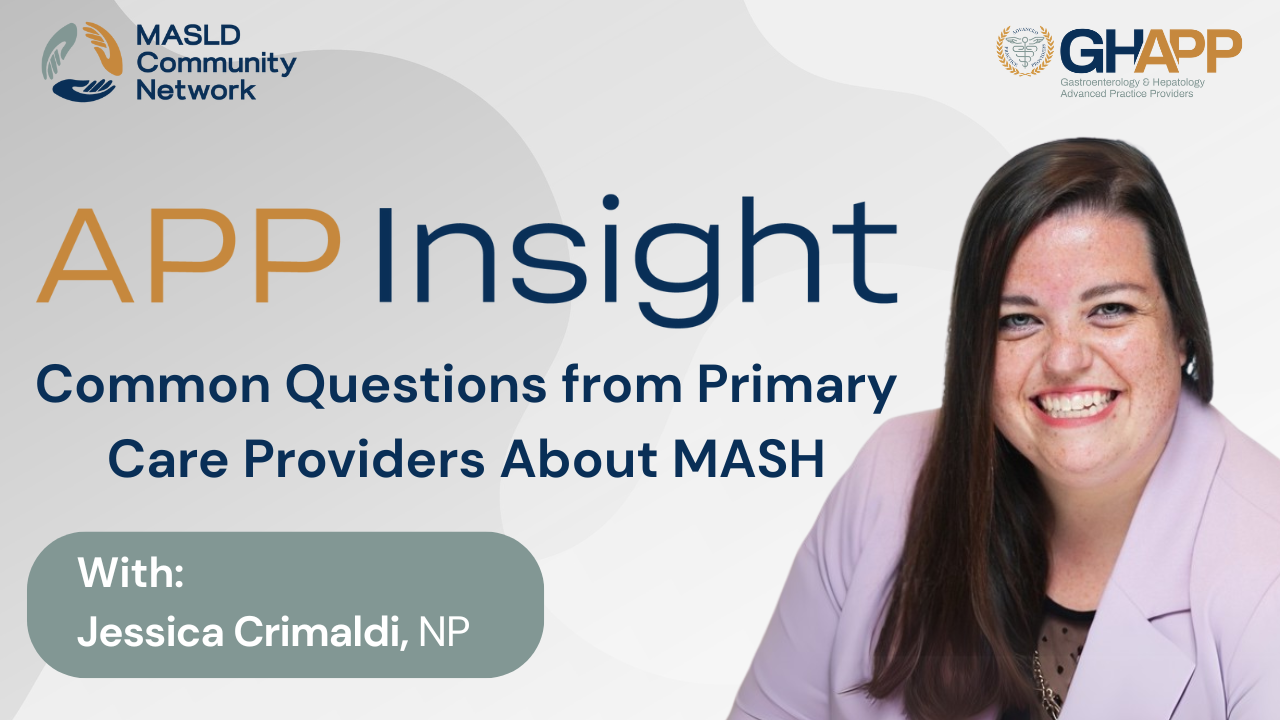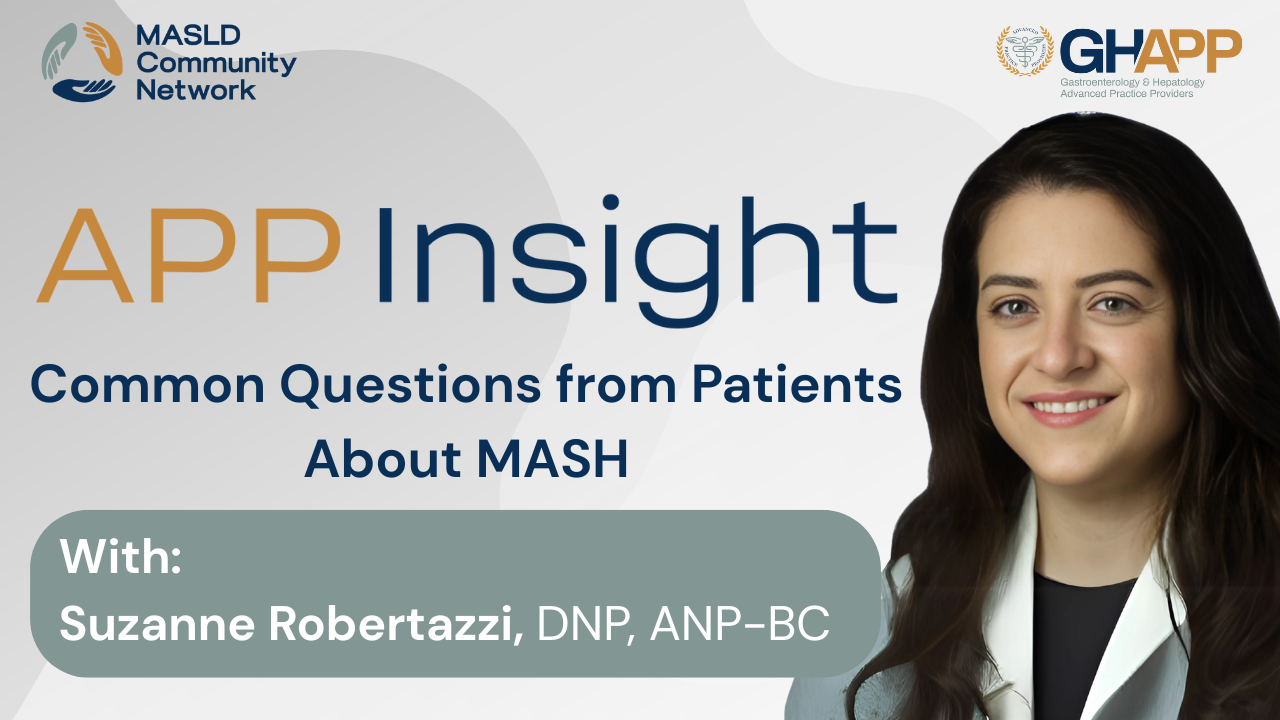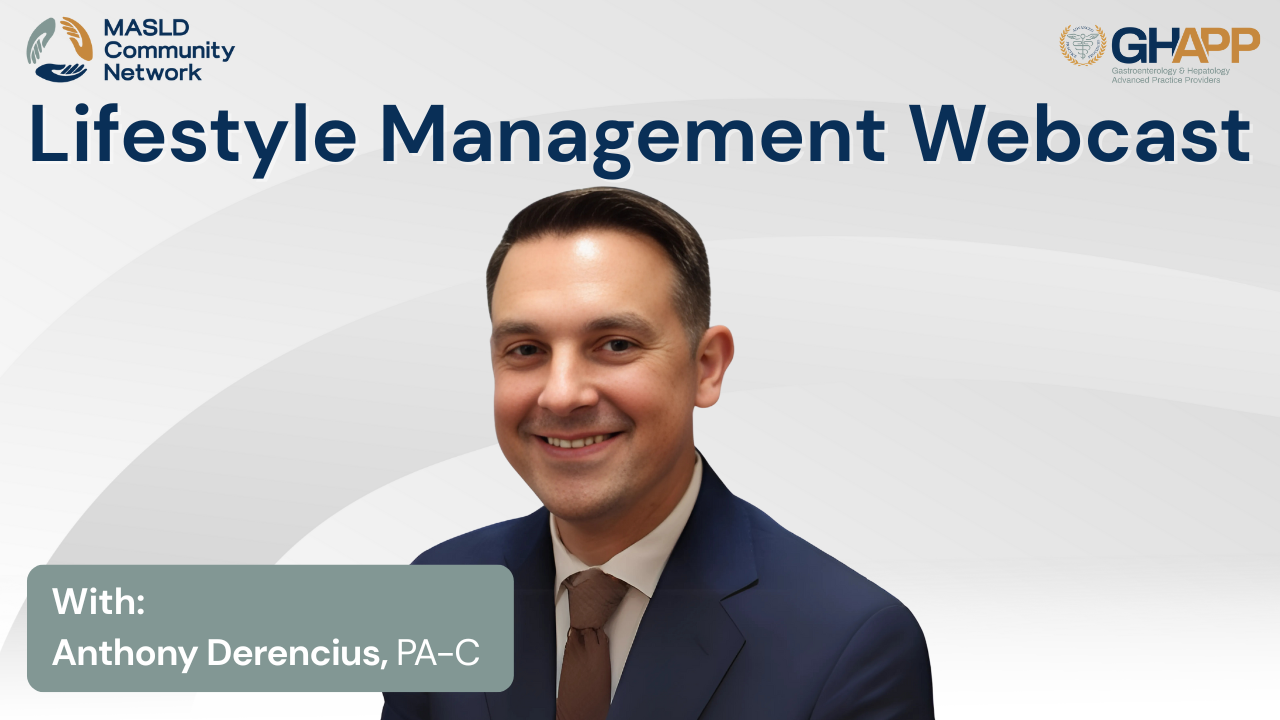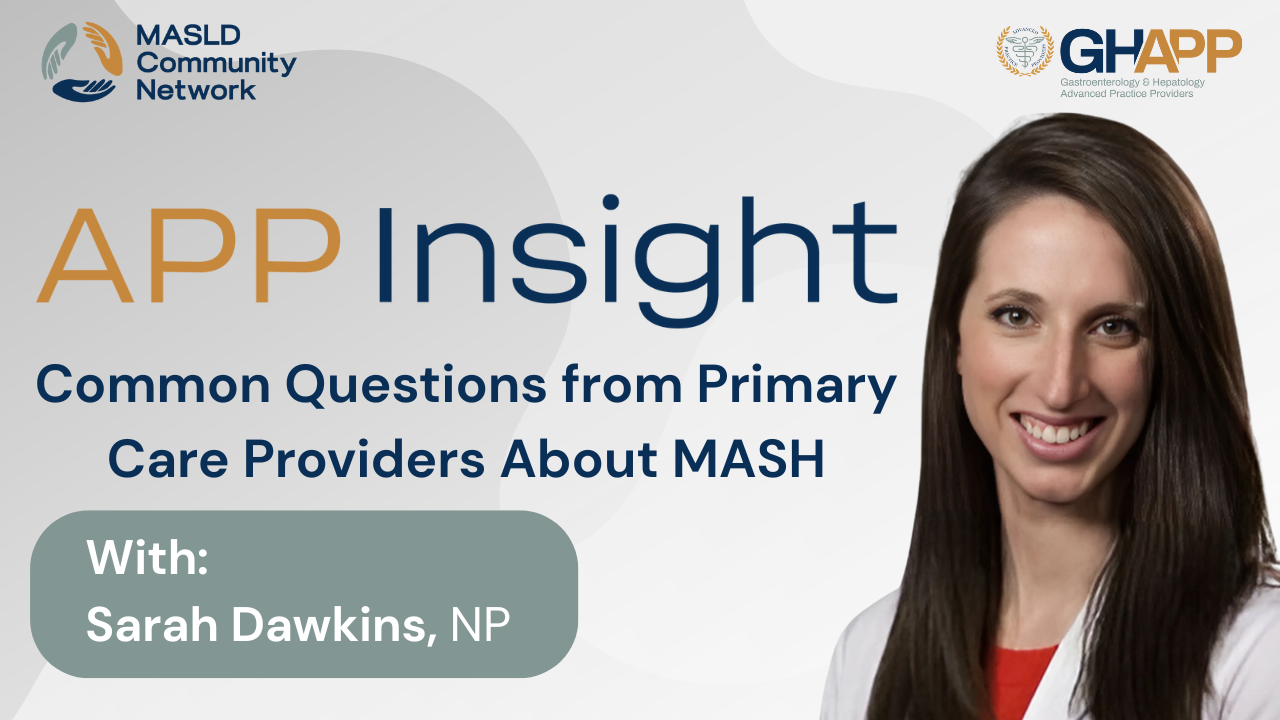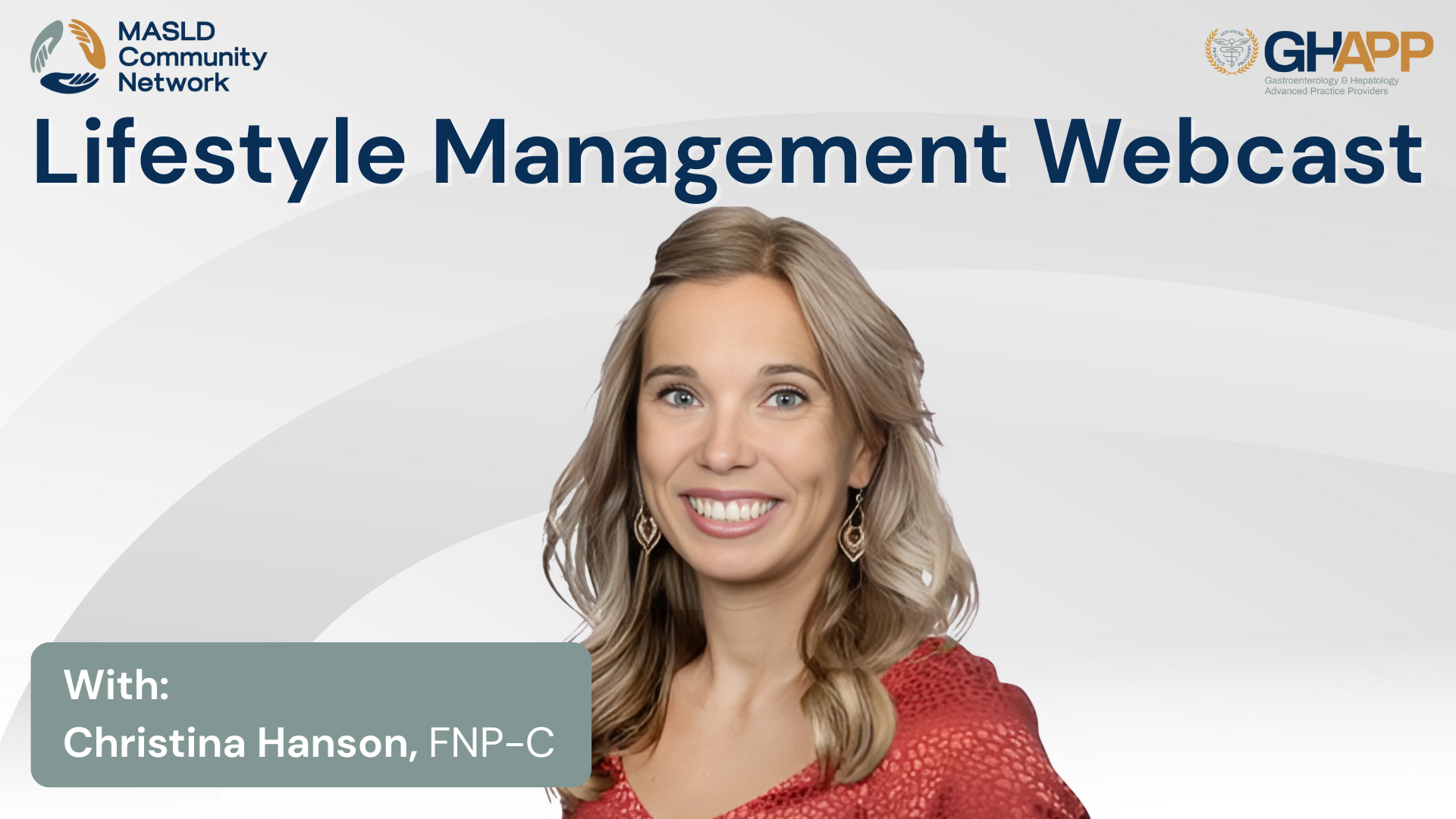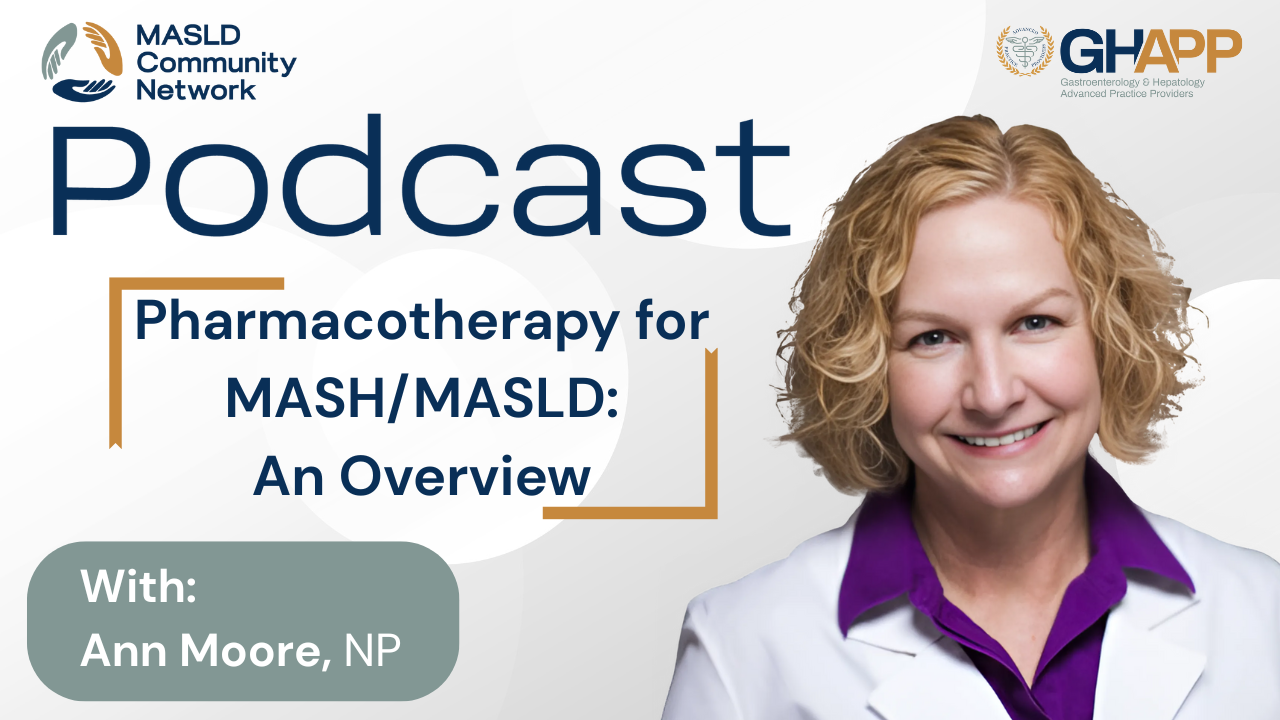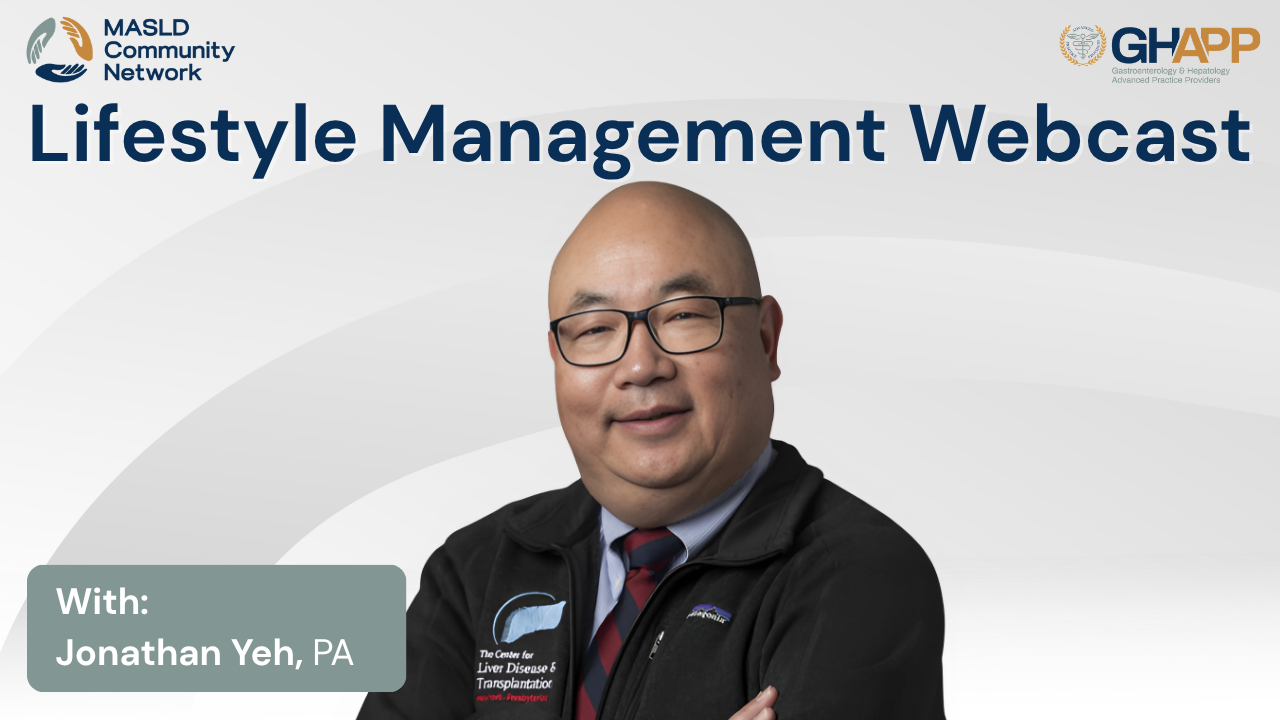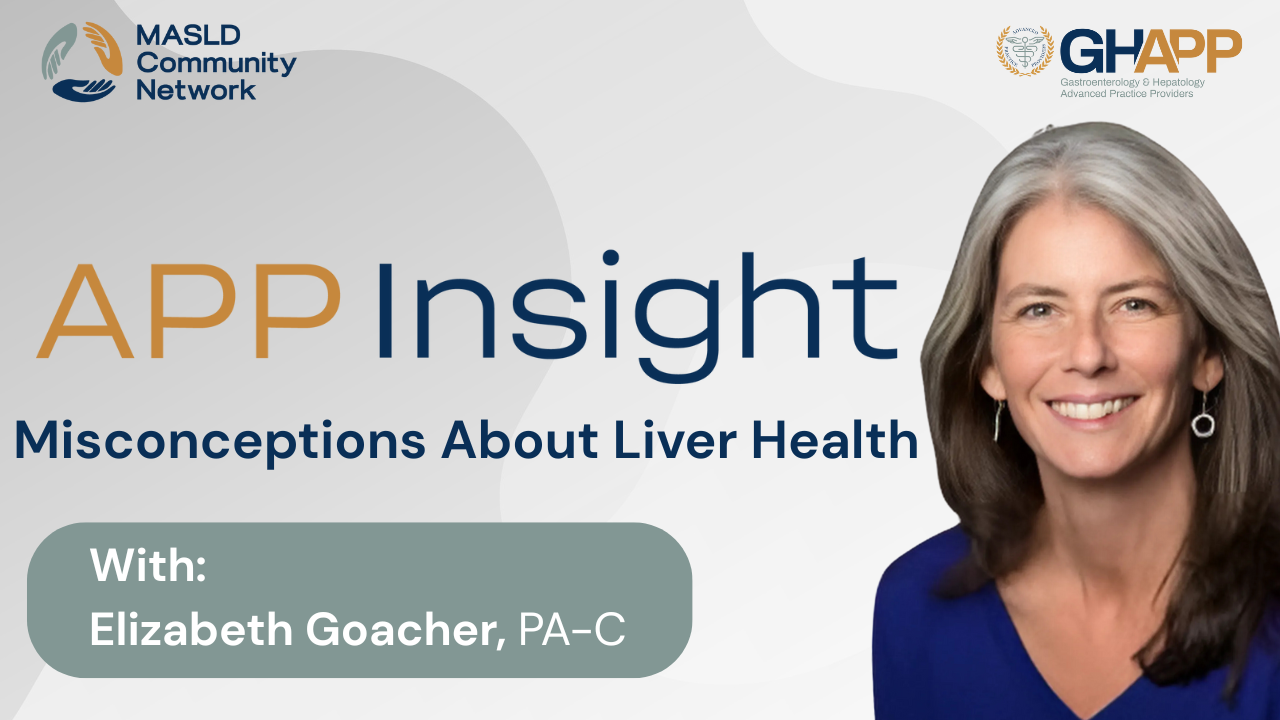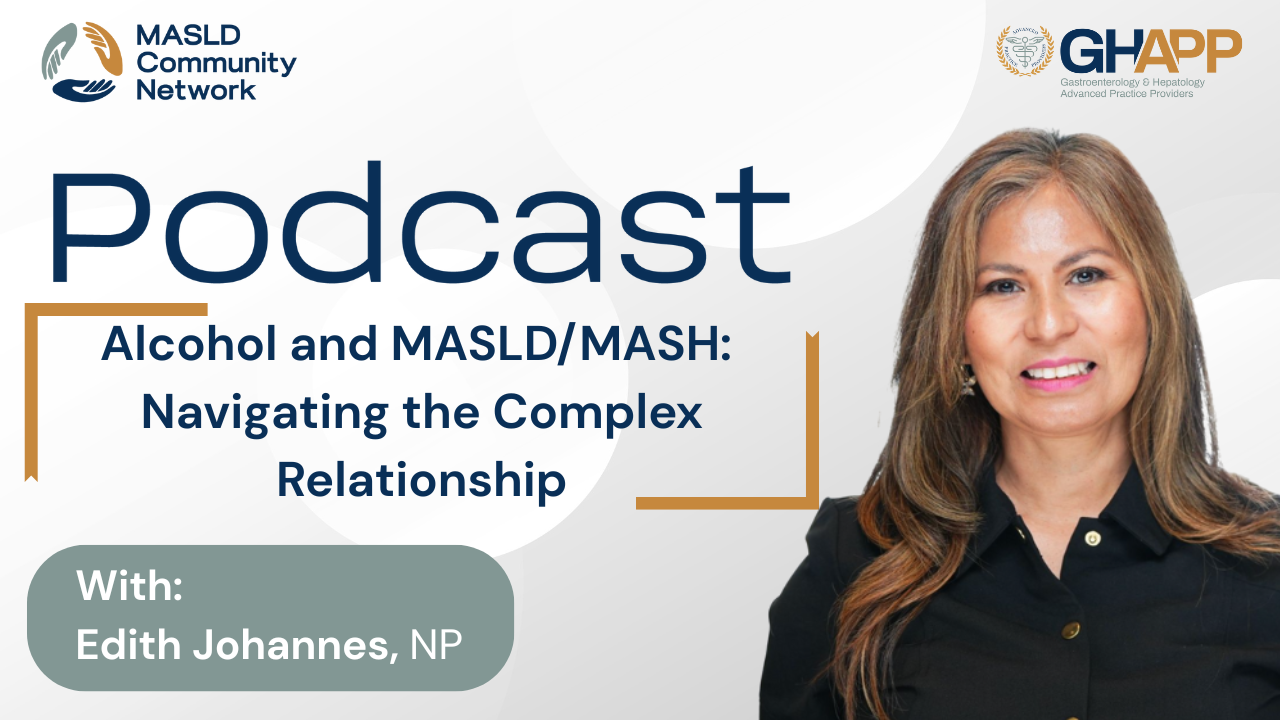Chat with MASLD AI

Hi, I am MASLD AI.
Suggested Questions :

MASLD AI 03:48 AM
In this GHAPP MASLD Community Network presentation, Oyin Penny, FNP, from Premier Gastroenterology of Kansas City, explores the evolving role of non-invasive testing (NITs) in assessing MASLD (Metabolic Associated Steatotic Liver Disease) and MASH (Metabolic Associated Steatohepatitis). Through a detailed case study of a 65-year-old male with obesity, diabetes, hypertension, and hyperlipidemia, we review how imaging biomarkers such as FibroScan, MR Elastography, CAP score, and MRI-PDFF, as well as clinical prediction tools like FIB-4 and ELF score, are applied to evaluate fibrosis risk and guide management decisions. This session highlights the strengths and limitations of various NITs, emphasizes the importance of accurate fibrosis staging, and outlines when to repeat testing, escalate to hepatology referral, or initiate therapy. The discussion underscores the critical need for early detection, risk stratification, and proactive management of liver disease in patients with metabolic risk factors to prevent progression to cirrhosis and improve long-term outcomes.







 August 2025
August 2025 
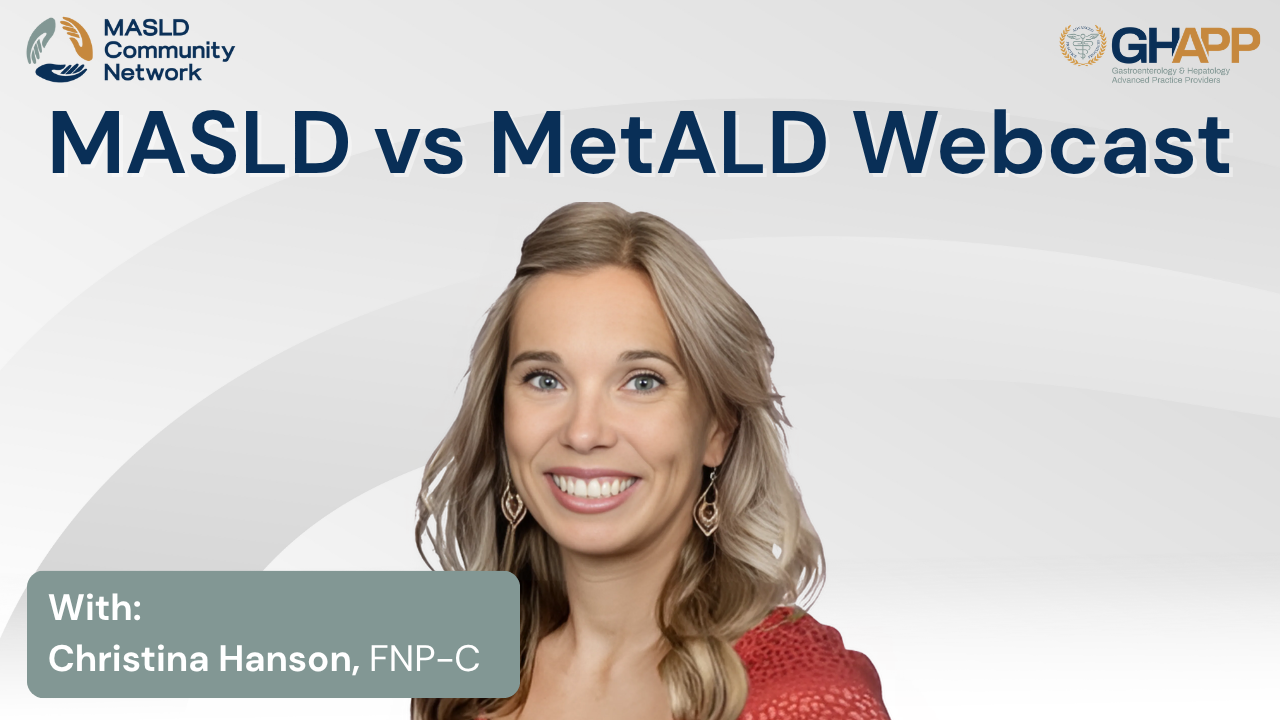
 September 2025
September 2025 